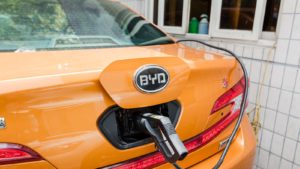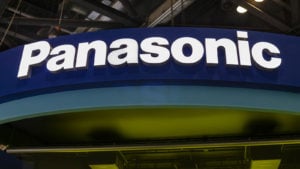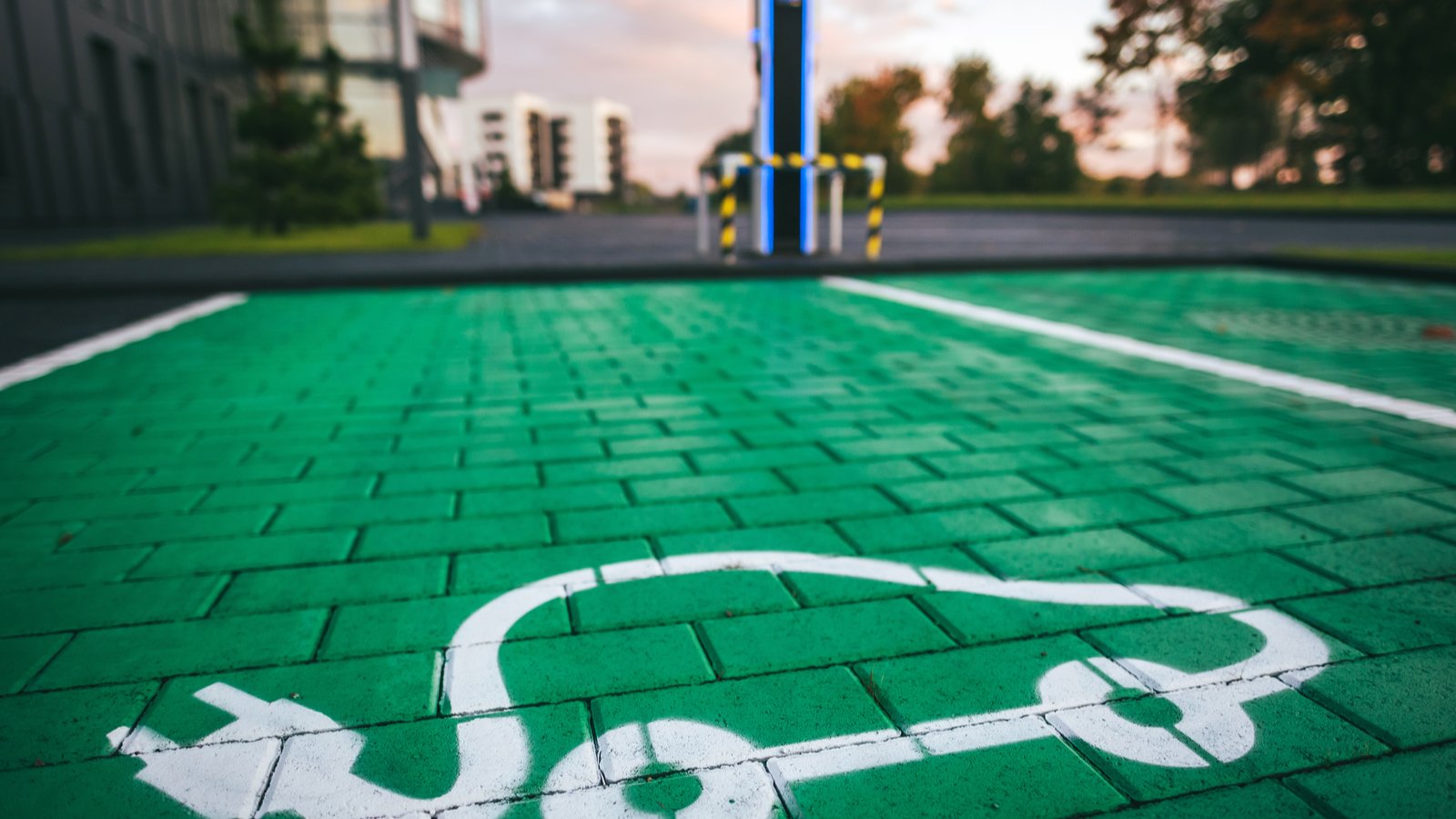Quantum glass. Two words that could change the future for the electric vehicle industry, marking a revolution and not just an evolution. But let’s start at the beginning — what is quantum glass battery technology and what are its main advantages?
Electric vehicles today are either hybrid electric vehicles (HEVs), plug-in hybrid electric vehicles (PHEVs), or all-electric vehicles (EVs). The most common type of battery used for all these electric vehicles is a lithium-ion battery. However, there are also nickel-metal hydride batteries, lead-acid batteries, and ultracapacitors.
The main disadvantages of the batteries used today in EVs are the range capacity, the time needed to charge the battery, the duration of their capacity over time, and I would add the extra weight that makes EVs heavier than cars with an internal combustion engine.
The quantum glass battery is an up-and-coming technology that seems very promising. It is a patent for a new battery that uses glass as a key component. It was “submitted by a team headed by John Goodenough, the part winner of the 2019 Nobel Prize in Chemistry for his work as co-inventor of the now ubiquitous lithium-ion battery that is the go-to power source for electric cars and energy storage.”
The main advantages of this quantum glass battery technology are that it can be low-cost, is nonflammable, boasts a high-capacity and can charge rapidly. It seems to solve the major disadvantages of lithium-ion batteries.
Goodenough has said that “the development is going to be with the battery manufacturers.”
Assuming that the patent will be sold to many battery manufacturers and that it glass battery technology in the future will be widely adopted by electric vehicle manufacturers, here are two of the world’s largest battery manufacturers stocks to monitor:
BYD Company Limited (BYDDF)

BYD is not just a battery manufacturer but also a new energy vehicle (NEV) manufacturer, and it has products for commercial vehicles, rail transit, and electronics. It has gained the attention of Warren Buffett, as Berkshire Hathaway (NYSE:BRK-A, NYSE:BRK-B) is a large shareholder of BYD’s stock. That investment has definitely paid off for Berkshire.
The company says “From energy generation and storage to its applications, BYD is dedicated to providing zero-emission energy solutions.”
It was founded in 1995 and is headquartered in Shenzhen, China.
Being an automaker itself, BYD could gain a lot from the advantages of the glass battery technology, both in terms related to cost bit also to long-range as well.
Panasonic

Panasonic is not just among the world’s largest battery manufacturers, but is a company with a wide variety of electrical products, from appliances to connected solutions. It also offers also automotive and industrial systems.
It was founded over a century ago in 1918 and is based in Osaka, Japan. It has a partnership with Tesla to provide it with lithium-ion battery cells at Tesla’s Gigafactory in Nevada.
It has also been reported that Panasonic and Tesla are developing new batteries with a focus on higher capacity for more long-range travel. While Panasonic is not Tesla’s exclusive battery supplier, if Tesla is to expand its production capacity soon, Panasonic is probably set to gain significantly from this partnership. And if quantum glass batteries come to full fruition, the upside could be huge.
On the date of publication, Stavros Georgiadis, CFA, did not have (either directly or indirectly) any positions in the securities mentioned in this article.
